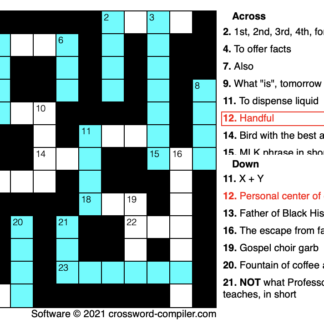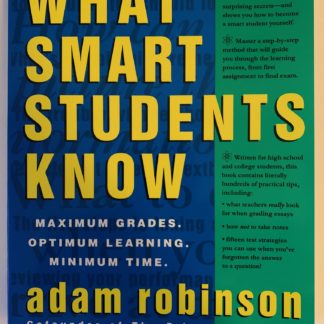The term, “tacit knowledge” describes facts, words, or beliefs that you learn through direct experience. This kind of learning exists in contrast with “explicit knowledge” where those same facts, words, or beliefs are learned through explanation or classical instruction.
Which is more effective?
In the Society for Research in Child Development journal article, “Do, Show, and Tell: Children’s Event Memories Acquired through Direct Experience, Observation, and Stories“, researchers argue that direct experience in events, compared with stories about them, or observing then from afar makes them the most likely to be remembered.
A few years ago, the Ted Talk, “The Birth of a Word”, activated similar thoughts about how we first learn language. While I had been convinced that the time my wife and I took to sit and read to our children was mainly responsible for both of our sons being early readers, this lecture now expanded my beliefs. Please consider checking out at least the first 11 minutes of the video and then coming back.
If you found the video as compelling as I did, you are now seeing how a child’s repeated interaction with physical objects (in the case of the video, water) helps them learn how to name them, and fully understand what they are. Likewise, consider growing up in the city and being presented with the word, “bucolic” (related to a countryside). Assuming you stayed in the city, your mind would treat the word as an abstract concept–something to be imagined. On the other hand, if you had previously travelled out of the city and visited the countryside, that adjective, “bucolic”, would be grounded in personal experience.
But to take this discovery one step further, what about “mental objects”? By mental objects I mean concepts that have meaning, but only exist in our minds. An analogy is a mental object. An assumption is a mental object. Both of these objects can be obtained and manipulated in our minds, but by definition, they stay there. How can we help children gain tacit knowledge of these kinds of objects?
Applying the video’s repeated interaction + adult reinforcement model to a word like “assumption” means identifying each time a child tries to guess what will happen next, and then saying, “you are making an assumption”. This also means paying even closer attention to what our children are thinking and naming it.
Whether we are considering physical or mental objects, what seems key to setting up our children for deep, tacit learning is that they have ongoing, caring interactions with a human who will take the time to explain what is being experienced. Slowing down to help children understand both the simple and the complex requires focused attention not only to the experience itself, but where, why and how it is happening. When we are rushing from home to daycare, from daycare to the store, and from the store back home, slowing down is difficult. But as the video demonstrates, the reward of learning can be spontaneous and powerful.
For further contemplation
Below are other ways to categorize words based on how we might experience them. The words that I’m using for examples come from SAT words offered by Barron’s (my son’s old box of flashcards). How would you take the model from the video and apply it to learning words describing mental states? How about skills or acts? (If you are using your phone, you may have to turn it sideways to see the “examples” column)
| Category | Description (if needed) | Examples |
|---|---|---|
| Mental Objects | Concepts, ideas, notions, perspectives that exist only in our minds | analogies, assumptions, allegories, anecdotes, criteria, credulity |
| Mental States | The way (or the thing about which) we might be thinking right now? | aloof, apprehensive, altruistic, assiduous, coherent, cordial |
| States of Being | What kind of person are we right now? | adversarial, ascendant, culpable |
| Abilities | alacrity, astute, adroit, brevity | |
| Acts | articulate, affirmation, assuage, antagonism, attribute, augment | |
| Agents | Substances of phenomena that change objects (physical or mental) | catalyst, conflagration, conviction |
| Physical Objects | Those items that have substance, outside of our minds | cliche’, contract, convergence |
| Physical States | The condition of substances found outside of our minds | amorphous, arbitrary, acrid, archaic, ambiguity, banal benign, concise, compliant |

